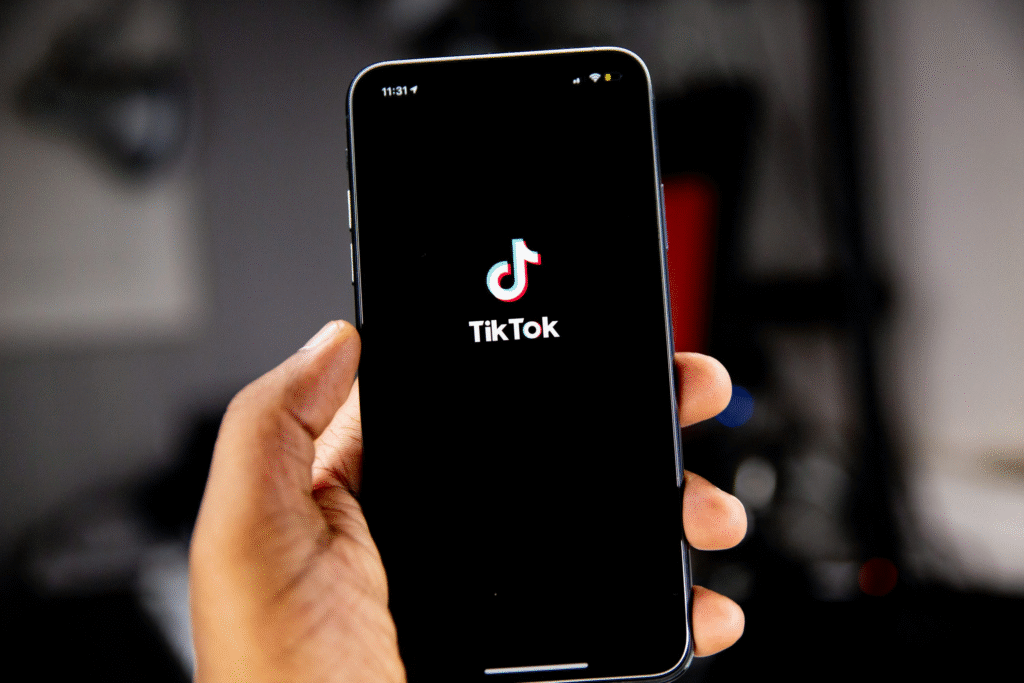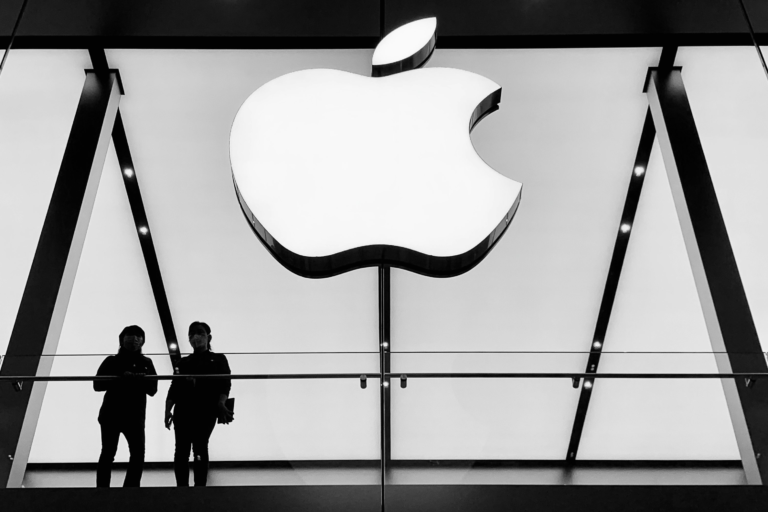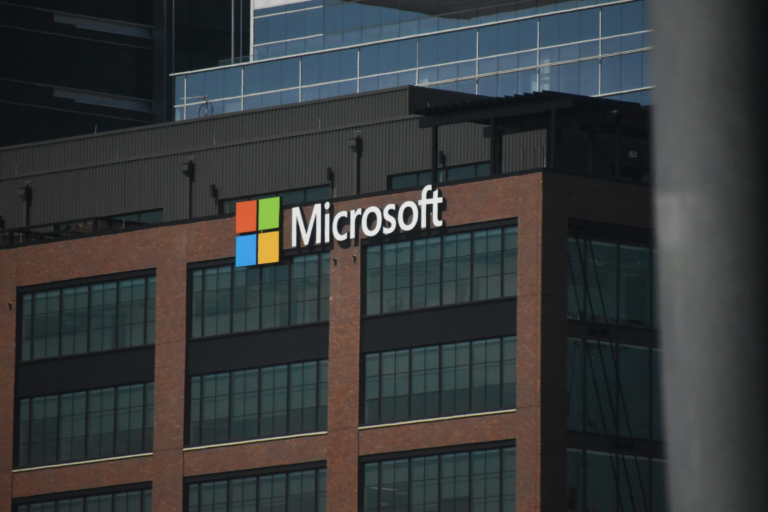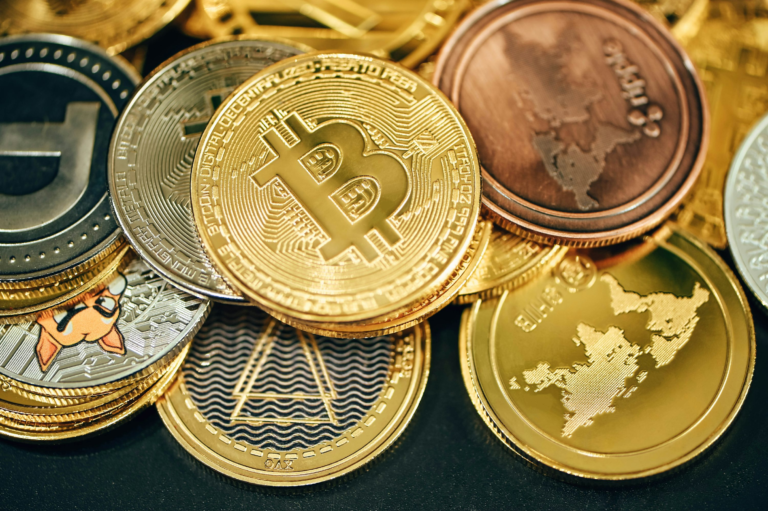TikTok is going through one of the most difficult times in its American history right now, and the firm has determined that it needs an experienced person to help it through this time. This person should have lived in Washington long enough to know the rhythm, the people, and the unspoken norms. Ziad Ojakli, who used to be the head of government affairs at Boeing, is now TikTok’s public policy chief for the Americas. This move’s timing is not a coincidence. TikTok is seeking to finish a complicated, politically fraught agreement to split its US assets from its Chinese parent firm. This has put the company in one of the most hot spots in global IT.
The news, which came out on Tuesday, comes at a time when ByteDance, the Beijing-based company that owns TikTok, is trying to sell over 80% of TikTok’s US operations to a group of American and foreign investors. This sale, required by a US law passed in 2024 that saw TikTok as a possible threat to national security, has become one of the most keenly watched tech-policy stories of the decade. President Donald Trump signed an executive order in September that gave ByteDance a set deadline of late January to finalize the purchase. The time is ticking, and it’s hard to overlook the political stakes.
The people in charge of the corporation realize that the choices they make in the next few months will affect how the company does business in the US in the future. For millions of American teens, innovators, small business owners, and celebrities, TikTok isn’t just another app; it’s a part of who they are online. TikTok has created a cultural area that few other platforms have been able to copy, from dancing trends to live commentary. But Washington‘s worries about data security, foreign influence, and the reach of Chinese-owned platforms have repeatedly threatened to shut down that world.

Ojakli comes in here with decades of experience in politics. He worked in public affairs for a long period at Ford Motor Company and had high-level positions in the George W. Bush administration before coming to Boeing. People who have dealt with him say that he is good at taking corporate worries and turning them into government jargon, and then taking government pressures and turning them into business strategies. When the country is under a lot of scrutiny, firms typically turn to those who have been through it before. Ojakli’s past shows that he has been through a lot of political turmoil.
TikTok’s announcement of his appointment didn’t go into too much detail. It just said that the shift was happening and linked it to the company’s larger attempts to meet US security standards. But for anyone following this journey, the main point is clear: TikTok wants to show Washington that it is serious about being open, following the rules, and working together. Picking someone who has worked in two of the most politically sensitive fields, aviation and cars, shows that TikTok is ready to negotiate in good faith and with knowledge.
To work at the nexus of global technology and American politics, you need to know more than just policy. It necessitates comprehension of perception. In the past few years, arguments around TikTok have rarely only been about the app’s capabilities or how fun it is. They have been about national identity, worries about being watched, issues about digital sovereignty, and fears that foreign governments may change American culture. Some of these worries are based on real-world politics, while others come from the feelings of a country striving to get back control of digital areas that grew faster than its laws.
For someone like Ojakli, taking on this job means being ready for a long race, not a short one. He will have to talk to lawmakers, give advice to TikTok’s leaders, talk to regulators, and develop trust in a place where trust has frequently been shaky. His work with Boeing is pertinent here since the aerospace industry is one where national security is always a concern and contacts with the government are important. He probably learned how to deal with political storms without losing his strategic focus by living in that world.
On a larger scale, TikTok’s choice shows a trend among tech businesses around the world: they are no longer seeing public policy roles as secondary tasks. These roles have instead become key leadership positions that affect everything from product choices and data policies to global growth. Policy is no longer the department that jumps in after a crisis; it is becoming more and more the department that stops crises from getting worse.
There is a deeper conflict about the future of the internet at the heart of the divestment argument. The US has historically been in favor of an open web, but the political climate of the 2020s has changed to favor digital barriers that safeguard users. People in the West now see China’s tech presence in a very different way than they did ten years ago. The fact that TikTok is no longer part of ByteDance is more than just a financial change; it shows how the world is changing.
For TikTok users, these high-level policy conflicts sometimes feel distant, yet they affect the fate of the app they open every morning. Teenagers posing for pictures in front of the TikTok logo, like in the well-known Reuters picture, might not know about the laws or executive orders that affect the site they love. But these choices will affect their daily lives. When a politician asks about TikTok’s data practices, it gets a lot of attention. When the corporation hires a new policy leader, it has an effect on both Silicon Valley and Washington.
There are still questions as TikTok moves forward. Will US officials be happy with the investor group? Will the split change the way TikTok works or the way people use it? Will the platform be able to keep users’ trust while also following government rules? These unknowns make the next few months very important.








